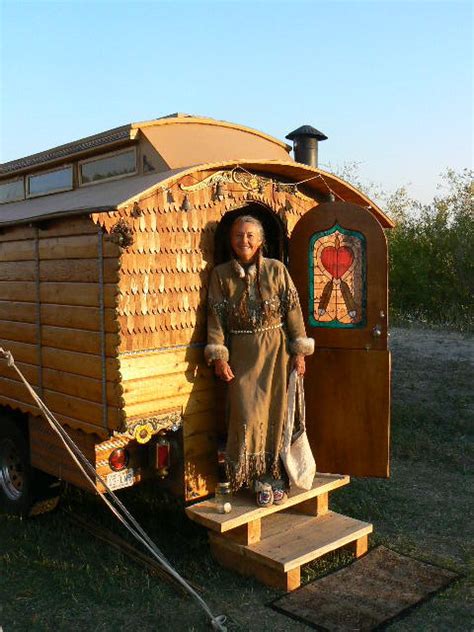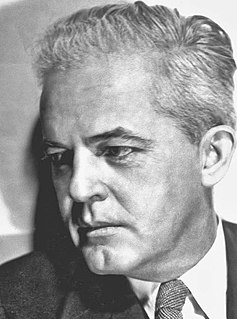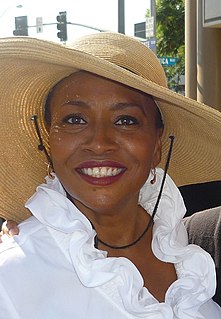A Quote by Robert Greene
If a subject excites us, if it stirs our deepest curiosity, or if we have to learn because the stakes are high, we pay much more attention. What we absorb sinks in.
Related Quotes
From the simplest lyric to the most complex novel and densest drama, literature is asking us to pay attention. Pay attention to the frog. Pay attention to the west wind. Pay attention to the boy on the raft, the lady in the tower, the old man on the train. In sum, pay attention to the world and all that dwells therein and thereby learn at last to pay attention to yourself and all that dwells therein.
When I speak about attention, I mean literally, "How much attention can we pay to ourselves?" As children, sometimes we cannot hold our attention for more than a couple of seconds. Over the years we are able to attend to more and more. Yet, we're seldom schooled to hold life in respect, to enlarge our ability to love, take care of, and be respectfully connected with all things around us.
Those qualities that separate us are often ridiculed by others or criticized by teachers. Because of these judgments, we might see our strengths as disabilities and try to work around them in order to fit in. But anything that is peculiar to our makeup is precisely what we must pay the deepest attention to and lean on in our rise to mastery.
We usually do pay attention to our outer appearance, typically noticing whatever part of our bodies we are unhappy about. It behooves us, however, to get on very good terms with more than just the surface of our bodies as we grow older; for if we don't listen to our bodies and pay attention to our physical needs and pleasures, this vehicle that we need to be running well to take us into a long and comfortable life, will limit what we can do and who we become.
If your skin is crawling, pay attention. If something doesn’t feel right, pay attention. If the hairs on the back of your neck prickle, if your gut clenches up, if a wave of wrongness washes over you, if your heart starts beating faster, pay, pay, pay attention. Do not second-guess yourself or rationalize anything that impedes your safety. Our instincts are the animal inside of our humanness, warning us of danger.
Pay attention to your friends; pay attention to that cousin that jumps up on the picnic table at the family reunion and goes a little too 'nutty,' you know what I mean? Pay attention to that aunt that's down in the basement that never comes upstairs. We have to pay attention to our friends, pay attention to your family, and offer a hand.
No man is much regarded by the rest of the world. He that considers how little he dwells upon the condition of others, will learn how little the attention of others is attracted by himself. While we see multitudes passing before us, of whom perhaps not one appears to deserve our notice or excites our sympathy, we should remember, that we likewise are lost in the same throng, that the eye which happens to glance upon us is turned in a moment on him that follows us, and that the utmost which we can reasonably hope or fear is to fill a vacant hour with prattle, and be forgotten.
We all have within us a deep sense of what we need, and what is right and true for us. To access this we need to pay attention to our feelings and our intuition. We need to learn to listen deeply to ourselves and to trust what we hear. And we need to risk acting on what we feel to be true. Even if we make mistakes, we must do this in order to learn and grow.






































